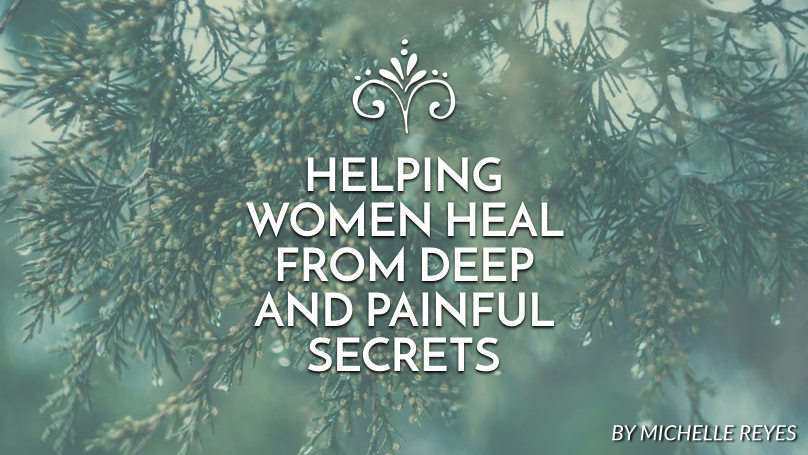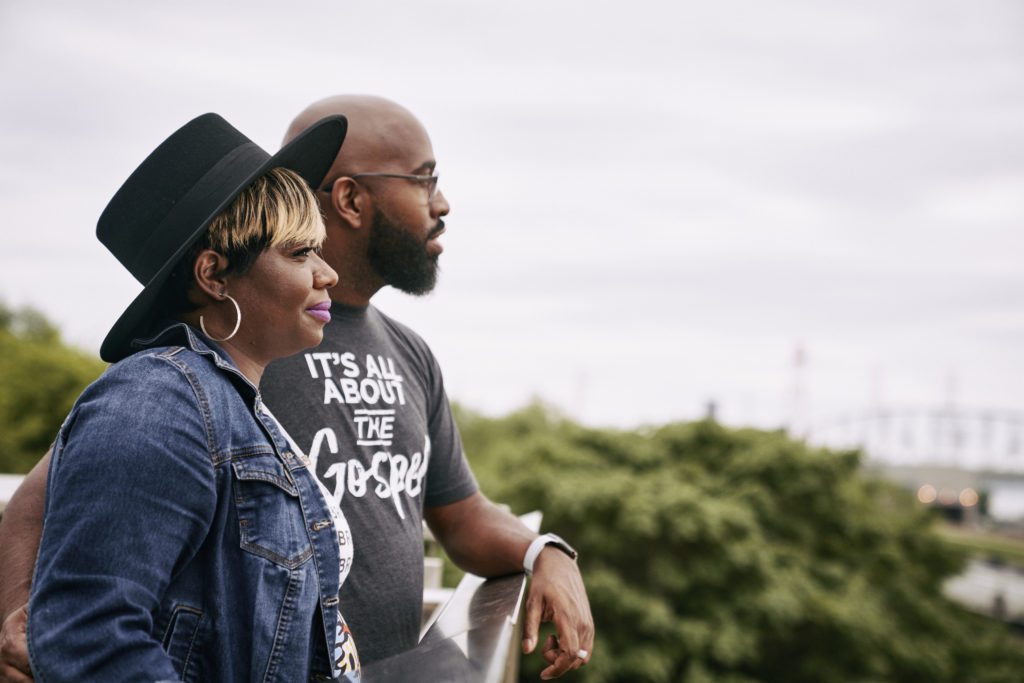Not too long ago, I was sitting at my dinner table across from a young woman who had a deep and painful secret. When she was little, she’d been sexually assaulted by a male relative and had never told a soul. Now, about to graduate college, the pains of her past felt too hard to bear.
“You need to tell your story,” I said.
This was not the first time I had mentored a woman in such a circumstance. As a pastor’s wife and German professor, I have talked to many, many women suffering from unspeakable atrocities—rape, physical abuse, forced abortions and more. When we talk, I do three things:
I hear their stories. I show them Christ. I teach them to see and (re)write their stories through a Christ-centered lens.
Christian women should never underestimate the power of storytelling. Why? Because storytelling performs a variety of functions. It’s therapeutic. It’s a way for women to feel known and understood. It’s healing. And most importantly, it’s biblical.
Consider this …
God values women.
In the creation story itself, we see God bestow His divine image, stamp and worth on not just man but on woman too. The Bible says, “Then God said, ‘Let us make man in our image, after our likeness’” (Genesis 1:27). Later in Scripture, God calls women His daughters, “formed,” “made” and “created for His glory” (Psalm 139:13-16; Isaiah 43:6-7; Matthew 19:4). God loves women dearly and cares for each one of us.
This is such an important starting point when counseling abused women. It is the very first thing and the most important truth they need to hear. There is no doubt that these women feel incredibly unloved and devalued, and they will never open up about their story unless we can first reflect God’s love of them.
God cares for every woman’s experience.
There is something meaningful about sharing in a historical sisterhood of pain, loss and redemption. When women feel like no one else has gone through what they have, loneliness and shame inevitably follow. This is why it is so important to show them the trials and tribulations of women in the Bible. From the infertility of Hannah in 1 Samuel 1 to the unnamed concubine who is raped and then murdered in Judges 19, we can paint a picture of female suffering throughout history. But more importantly, this shows women how God has always remained sovereign, just and loving through terrible ordeals. For in those stories, we also see God bring the wicked due punishment and heal the hearts of broken, hurting women.
Ultimately, God hears the cry of a vulnerable woman and acts to defend her (Psalm 68:5) and seek her justice (Deuteronomy 24:17-22). I reiterate these truths over and over to any woman I counsel. I tell her these truths, so she may be confidant her sorrows are important, that I care about her because God cares about her and that she can come to Christ to find healing.
After a woman starts to embrace these truths—and this may only happen after several talks—I then encourage her to share her story.
Women in pain need to find freedom in Christ; learning to share their stories is a huge part of that journey.
The format is open, and I encourage women to be creative. They can write a poem, a short story or a longer piece. It’s up to them.
The two most important parts are the beginning and the end. The beginning of the story describes what has already happened. It is sometimes the hardest part to write because it forces women (in a good way) to come to terms with the trauma itself, their rawest emotions and greatest fears and to organize them into a concrete, defined experience. This may take them a while, and that’s ok.
The end, on the other hand, looks to the future. I tell women to describe what true and full freedom in Christ would look like based on what we have read together in Scripture. I want them to embrace the promises God has made to them—of their worth, of their value, of His love, care and healing power for them—and to paint a picture in words of that reality. I truly believe that imagining that beautiful, divine reality is the next step for women to begin living freely.
Finally, when a woman has written her story, I encourage her to read it aloud either to me or to a group of friends. What a glorious time that is! The life-giving power of storytelling is incredible. From the confident way they hold their bodies to the smile on their faces, I can see that their spiritual journey of healing with God has begun.
Published October 23, 2017



